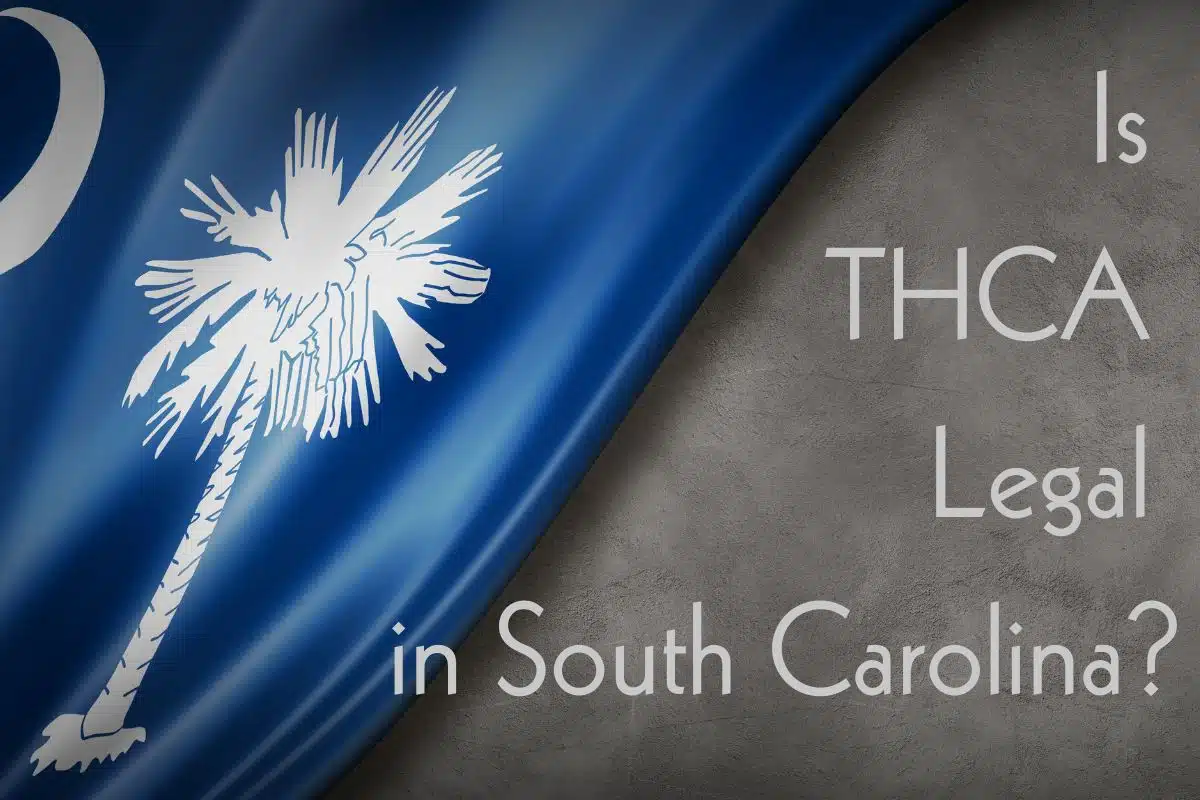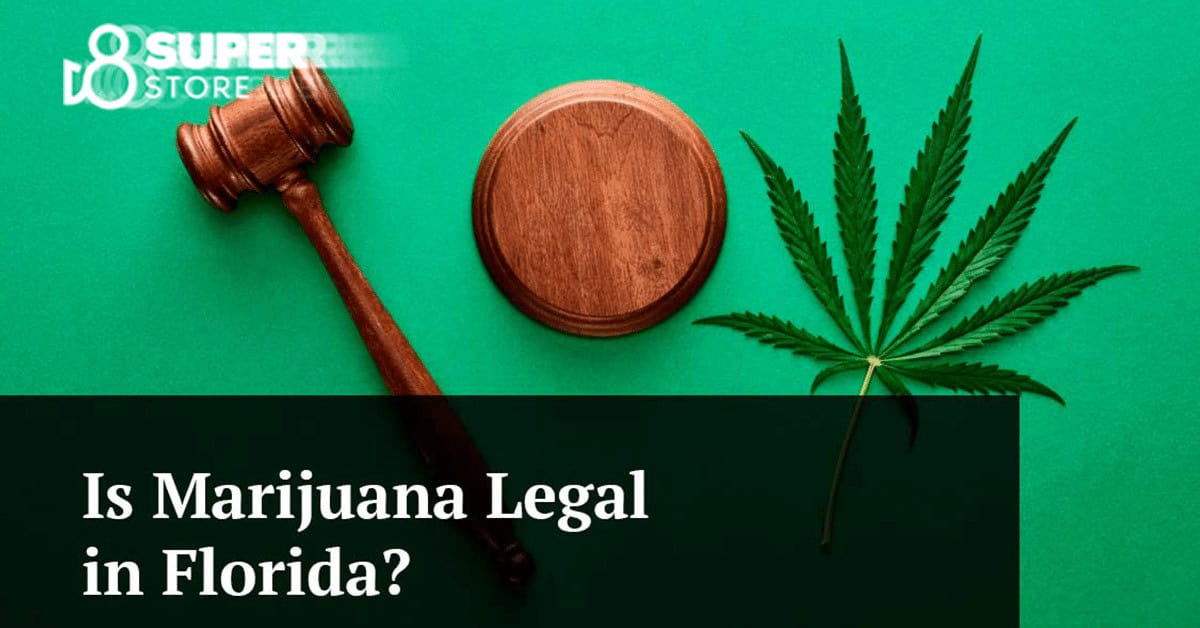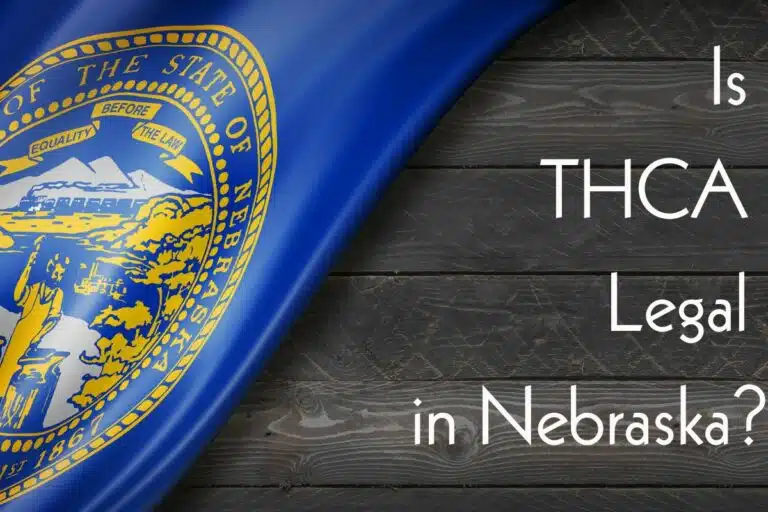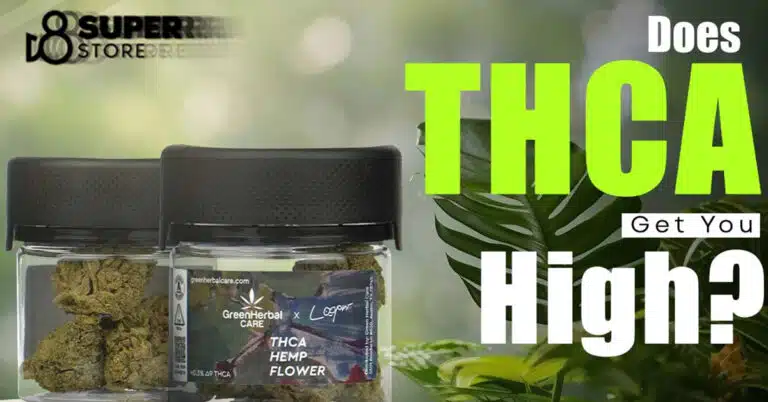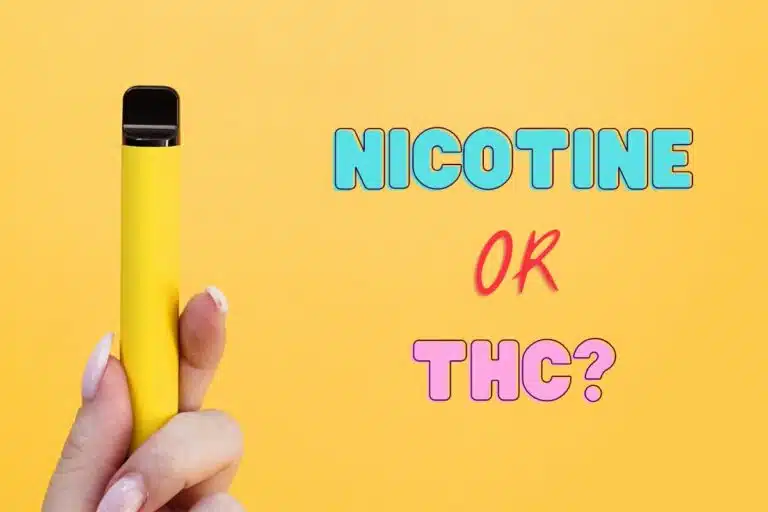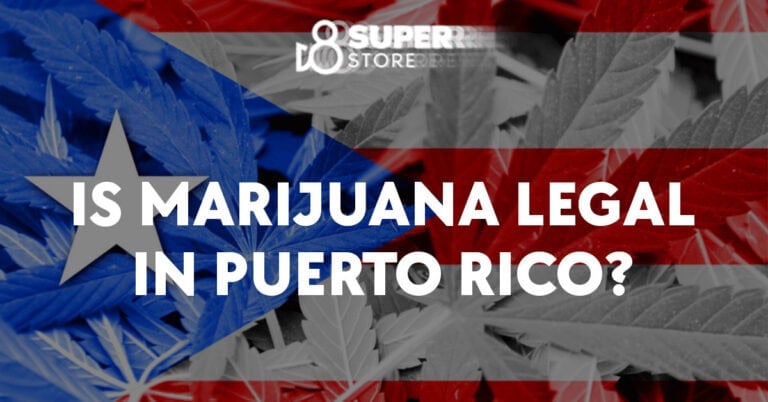Is THCa Legal in South Carolina: Understanding State Cannabis Laws
Gliding through the **weed** world with pals like THCa from the cannabis crew feels like trying to find your way out of a labyrinth, especially since each state writes their own rules. Look at South Carolina—strict as they come on cannabis laws, so getting the lowdown is key. Despite the higher-ups in Washington D.C. playing it cool with cannabis, the 2018 Farm Bill flipped the script, nodding yes to growing hemp all over the map. This change was a touchdown for both hemp and its relatives, including THCa. Hang tight, and I’ll share secrets perfect for those ready to dive into the **green scene** in South Carolina.
THCa is a non-psychoactive precursor to delta-9-tetrahydrocannabinol (THC), the main intoxicating compound found in cannabis. Your understanding of THCa’s legal status is crucial because it has different properties and effects when compared to THC. The legal distinction in South Carolina hinges on whether the THCa originates from legal hemp with THC concentrations of not more than 0.3% on a dry weight basis, or from illegal marijuana as defined by state law.
The complexity of cannabinoid legality is further influenced by evolving legislation and interpretations of existing laws. It’s important for you to stay informed with the latest legal developments regarding THCa and other cannabinoids in South Carolina to navigate the legal system effectively. A deep dive into recent evaluations, such as an evaluation of hemp cultivation practices and cannabinoid analysis, can offer a more detailed understanding of the current legal stance.
Overview of Cannabis Legality
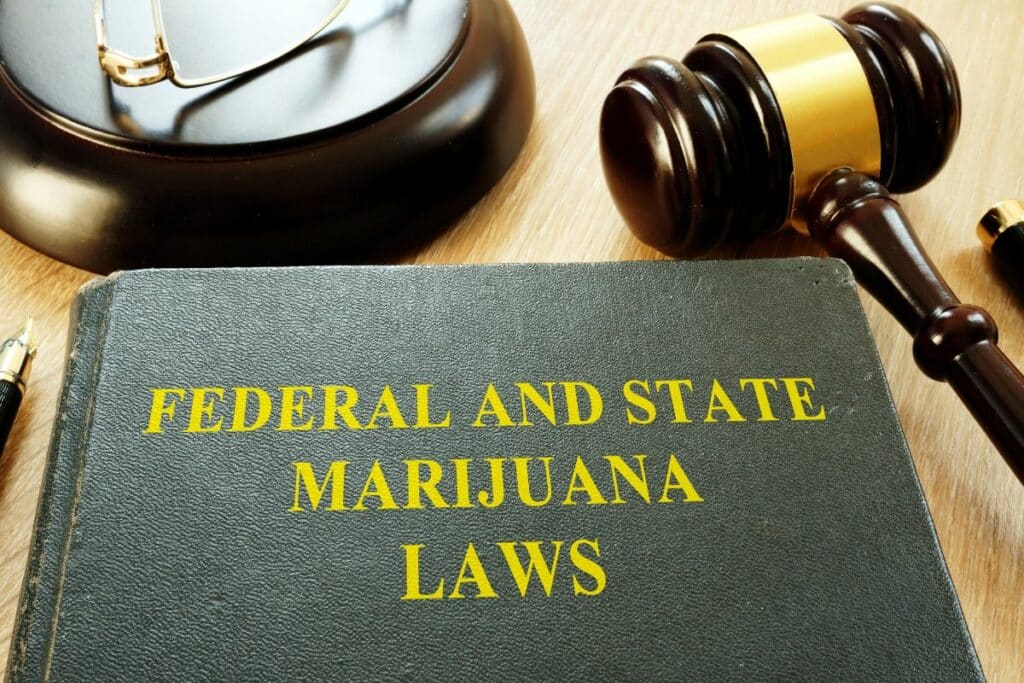
In navigating the complex landscape of cannabis legality, you must distinguish between federal directives and state-specific regulations. Understanding the intricate history and evolving jurisdictional boundaries will clarify the current legal status of cannabis in South Carolina.
History of Cannabis Laws in the United States
The trajectory of cannabis laws in the United States has been marked by significant shifts. Initially, cannabis was widely utilized for medicinal and industrial purposes. However, the early 20th century saw the introduction of several restrictions, culminating in the Marihuana Tax Act of 1937, which effectively made possession or transfer of cannabis illegal throughout the United States under federal law, except for medical and industrial uses.
Federal vs. State Jurisdiction On Cannabis
Federal laws, including the Controlled Substances Act of 1970, classify cannabis as a Schedule I substance, indicating no currently accepted medical use and a high potential for abuse. Despite federal restrictions, states have the authority to pass their own laws regarding the cultivation, possession, and use of cannabis. This dichotomy can create a complex legal environment, as state laws may permit activities that federal law prohibits.
Current Legal Status of Cannabis in South Carolina
As of now, South Carolina maintains strict cannabis laws. THCa, as a naturally occurring component of the cannabis plant, is largely treated under the same legal framework as THC. While some state laws across the United States have relaxed restrictions on cannabis, including THCa, South Carolina continues to uphold prohibitive measures against recreational cannabis use. However, it has enacted a very narrow medical cannabis law, allowing patients with certain severe medical conditions to use low-THC CBD oil.

Understanding THCa
Before delving into the specifics of tetrahydrocannabinolic acid (THCa), it’s important to understand what THCa is and its place in the legal and medical landscapes. This section will explore its chemical makeup, legal distinctions from Delta-9 THC, and its potential medical applications.
Chemical Composition of THCa
THCa, or tetrahydrocannabinolic acid, is a non-psychoactive cannabinoid found in fresh cannabis plants. As the precursor to Delta-9 THC (the main psychoactive component in cannabis), THCa transforms into THC through decarboxylation, which occurs when it is exposed to heat or sunlight. In its raw form, THCa has its own properties separate from THC, primarily because it does not produce psychoactive effects.
THCa vs. Delta-9 THC: Legal Distinctions
The legal distinction between THCa and Delta-9 THC is significant. Under the 2018 Farm Bill, hemp-derived cannabinoids with less than 0.3% Delta-9 THC are federally legal. However, state laws vary, and the legality of these substances can differ from one state to another. In South Carolina, the laws are subject to interpretation on how THCa is classified, particularly because it is not psychoactive until converted into THC. It’s your responsibility to stay informed about the most current local laws.
Medical Potential of THCa
The medical use of THCa has been a subject of interest, although it is less studied than THC and CBD. Preliminary research suggests that THCa holds potential benefits in treating various conditions due to its anti-inflammatory and neuroprotective properties. It’s essential to approach these findings with a clear understanding that more research is needed to fully establish THCa’s efficacy in medical applications.
THCa Regulations
| State | South Carolina THCa Regulations | THCa Regulations in Neighboring States |
|---|---|---|
| South Carolina | Strict marijuana laws; both medical and recreational marijuana are illegal; status of THCa may be influenced by hemp-derived regulations | North Carolina: Limited medical marijuana laws; THCa legality may be influenced by hemp-derived regulations; Georgia: Limited medical marijuana laws; THCa legality may be influenced by hemp-derived regulations; Tennessee: Limited medical marijuana laws; THCa legality may be influenced by hemp-derived regulations; |
| North Carolina | Limited medical marijuana laws; THCa legality may be influenced by hemp-derived regulations | South Carolina: Strict marijuana laws; both medical and recreational marijuana are illegal; status of THCa may be influenced by hemp-derived regulations; Georgia: Limited medical marijuana laws; THCa legality may be influenced by hemp-derived regulations; Tennessee: Limited medical marijuana laws; THCa legality may be influenced by hemp-derived regulations; |
| Georgia | Limited medical marijuana laws; THCa legality may be influenced by hemp-derived regulations | South Carolina: Strict marijuana laws; both medical and recreational marijuana are illegal; status of THCa may be influenced by hemp-derived regulations; North Carolina: Limited medical marijuana laws; THCa legality may be influenced by hemp-derived regulations; Tennessee: Limited medical marijuana laws; THCa legality may be influenced by hemp-derived regulations; |
| Tennessee | Limited medical marijuana laws; THCa legality may be influenced by hemp-derived regulations | South Carolina: Strict marijuana laws; both medical and recreational marijuana are illegal; status of THCa may be influenced by hemp-derived regulations; North Carolina: Limited medical marijuana laws; THCa legality may be influenced by hemp-derived regulations; Georgia: Limited medical marijuana laws; THCa legality may be influenced by hemp-derived regulations; |
When navigating the legal landscape of THCa (tetrahydrocannabinolic acid), it’s important to differentiate between state and federal regulations, as they can often have overlapping yet distinct approaches towards this cannabinoid.
State Regulation of THCa in South Carolina
In South Carolina, state law mirrors the federal definition of hemp, which is categorized as cannabis containing no more than 0.3% THC on a dry weight basis. THCa itself is not explicitly mentioned, but because it’s a non-psychoactive precursor to THC, the focus is often on the delta-9-THC content after decarboxylation. You should be aware that the legality can change if THCa is converted to THC, potentially crossing the legal threshold.
Federal Approach to THCa
Federally, THCa falls within a gray area under the Controlled Substances Act (CSA). While THCa is not scheduled directly under the CSA, it can be classified as an analogue of THC, which is a Schedule I controlled substance. However, the passage of the Farm Bill allows for legal hemp cultivation, and implicitly, the legal presence of THCa provided the total delta-9-THC concentration remains below the 0.3% threshold. In cannabinoid analysis, this cultivar distinction is crucial as it separates legal hemp from illegal cannabis under federal law.
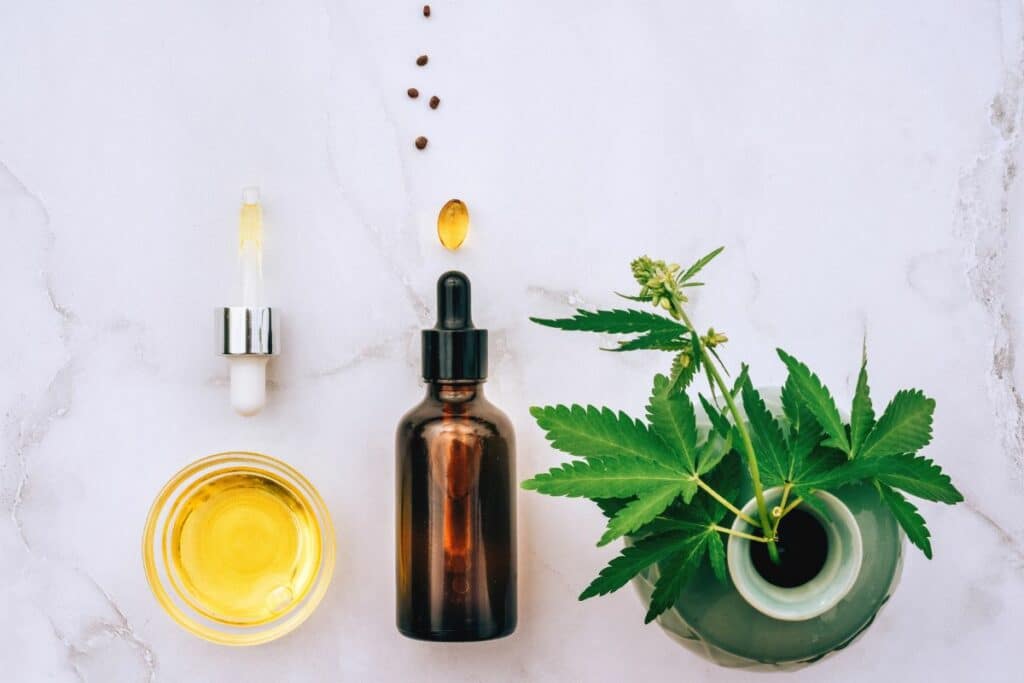
Hemp-derived Products and the Farm Bill
As you explore the legality of THCa in South Carolina, it’s crucial to understand how the Farm Bill has shaped the hemp industry, particularly in regards to derivatives like THCa.
Farm Bill’s Impact on Hemp and Derivatives
The Farm Bill, specifically the 2014 and 2018 versions, catalyzed a shift in how hemp and its derivatives are treated legally in the United States. The 2018 Farm Bill distinguished hemp from its psychoactive relative, marijuana, by defining it as a cannabis plant with 0.3% or less delta-9-THC on a dry weight basis. This definition legalized hemp, opening doors for the production of hemp-derived products like CBD in various sectors, while also influencing state laws.
- Hemp: Legal to cultivate under specific regulations
- CBD: Permissible as an ingredient in hemp-derived products
- Derivatives: Must comply with the same THC thresholds as plant material
THCa’s Status Under the Farm Bill
THCa, or tetrahydrocannabinolic acid, is found naturally in hemp and is non-psychoactive. However, when heated, THCa can convert to THC, the compound responsible for the psychoactive effects associated with marijuana. The Farm Bill’s language focuses on delta-9-THC concentration, and while it does not directly address THCa, the conversion potential of THCa to THC places it in a grey area regarding legality. The key takeaway for you is that THCa’s status may vary by state even after the enactment of the Farm Bill, necessitating a look at specific state regulations.
- THCa vs THC: Consideration of conversion potential under heat
- State Laws: Potential for variation from federal guidelines
Legal Implications of Selling and Possession
When you engage in the retail or possession of THCa in South Carolina, you must navigate a complex landscape of state laws. It’s crucial to understand the legal thresholds established by local regulations, as they directly impact businesses and individuals involved in the distribution and sale of THCa.
Retail and Distribution of THCa in South Carolina
If you’re considering entering the THCa market in South Carolina, it’s essential to recognize that while the penalty, businesses are still required to adhere strictly to the laws governing controlled substances. Compliance with state regulations is imperative to operate legally. You must obtain the necessary licenses, and failure to do so can result in significant legal repercussions.
Fines and Penalties for Unauthorized Sale/Possession
The consequences of unauthorized sale or possession of THCa can be severe. South Carolina law stipulates fines, criminal charges, and even potential imprisonment. Here’s a brief overview of penalties you might face:
- Unauthorized sale:
- Misdemeanor/Felony: Depending on quantity
- Fines: Ranging significantly based on offense severity
- Imprisonment: Possible jail time
- Unauthorized possession:
- Misdemeanor/Felony: Based on amount in possession
- Fines: Variable
- Imprisonment: Possible, particularly for repeat offenses
You must remain vigilant in following state regulations to mitigate the risk of facing these penalties. Enforcement of these laws is a priority in South Carolina, and infractions can lead to substantial legal challenges.
Interstate Legal Variance
When exploring the legal landscape of tetrahydrocannabinolic acid (THCa) across the United States, it’s crucial to consider the regulatory differences between states. These differences can impact you if you cross state borders because each state has its own stance on the legality of THCa.
Comparison of South Carolina with Neighboring States
South Carolina inhabits a region with a tapestry of laws regarding THCa. Comparatively, North Carolina has seen movements aimed at distinguishing hemp from marijuana, which entails differentiating between legal and illegal substances like THCa. In Georgia, legislation is in flux, with ongoing discussions about the legal status of various cannabinoids. States like Florida, while implementing their own medicinal cannabis programs, still regulate THCa under certain conditions. Each state’s law directly impacts how THCa is handled, from cultivation to consumption.
- South Carolina: Controlled substance, with specific exceptions for certain medical conditions.
- Georgia: Enforcement and regulation are evolving, with some allowances for medical use.
- Florida: Medical cannabis programs in place, yet non-medical THCa remains regulated.
- North Carolina: Efforts to discern legal hemp from illegal marijuana which contains THCa.
Navigating Interstate Regulations
As you travel or conduct business across state lines, staying informed on the dynamic regulations around THCa is imperative. It’s important to know that while a substance like THCa might be legal in states such as California or Colorado, its legality is not universal across the United States. Interstate transport and sale of THCa can lead to legal complications if you are not aware of each state’s laws. Information is key—ensure that you are up to date with the latest regulations in:
- South Carolina and its adjacent states.
- States with well-known, established cannabis industries like Nevada and California.
- States with strict regulations, which might include any from Alabama to Wyoming.
Being aware of these variances is essential for compliance and to avoid legal issues related to THCa possession or distribution as you navigate the complex patchwork of state regulations.
Market Trends and Future Projections
As you navigate the evolving landscape of the hemp market, understanding the key innovations and legal transformations is essential. This section delves into the current advancements in hemp-derived THCa and how they influence market trends, as well as the expectations shaping the legal and economic framework of the industry.
Innovations in Hemp-derived THCa
Recent breakthroughs in the hemp industry have expanded your options significantly, with hemp-derived THCa emerging as a noteworthy compound. Hemp-derived THCa, while non-psychoactive in its natural state, is a precursor to THC and draws attention for its potential therapeutic benefits. Industrial innovation has led to more efficient extraction techniques, which might influence market trends by increasing the availability and variety of THCa products on the market.
Forecasting Legality and Market Dynamics
Forecasting the legal landscape is crucial to anticipating market dynamics. Although THCa itself is not psychoactive, legal nuances, such as those concerning its conversion to THC, affect its status. In South Carolina, regulatory authorities scrutinize hemp derivatives, influencing your decision-making when considering investment and operation in the sector. By monitoring legislative trends, you can gain insights into the potential future legal status, which will have substantial implications on market operations and economic opportunities in the hemp industry.
Frequently Asked Questions
In South Carolina, the legality of THCa is nuanced and varies in comparison to other cannabinoids. This section addresses common inquiries regarding THCa’s legal status, purchase options, shipping considerations, its effects, and its distinction from other forms of THC.
What is the current legal status of THCa in South Carolina?
As of now, THCa is considered legal in South Carolina under specific conditions outlined by state law. It is treated differently than Delta-9 THC, the primary psychoactive component in cannabis.
Can THCa flower be legally purchased in South Carolina?
Yes, THCa flower can be legally purchased in South Carolina. The state permits the sale of hemp-related products that comply with the federal threshold for Delta-9 THC content.
Are there any restrictions on shipping THCa products to South Carolina?
Shipping THCa products to South Carolina is permissible, provided the products abide by federal laws which mandate that Delta-9 THC levels remain at or below 0.3% on a dry weight basis.
Does THCa produce psychoactive effects similar to THC?
THCa itself is non-psychoactive; however, when it is exposed to heat through processes like decarboxylation, it converts into Delta-9 THC, which is psychoactive.
How does THCa differ from Delta-8 and Delta-9 THC in terms of legality and effects?
THCa is different from Delta-8 and Delta-9 THC in both legality and effects. Delta-8 is semi-synthetic and less potent, whereas Delta-9 is naturally occurring and more potent. THCa is the non-psychoactive precursor to Delta-9 THC and varies in legal treatment.
What is the legal distinction between THCa and other cannabinoids across different states?
Each state has its own regulations for cannabinoids. THCa, being a non-psychoactive substance, often has different legal status than psychoactive cannabinoids like Delta-9 THC. It is important to review the laws specific to your state for accurate legal distinctions.

